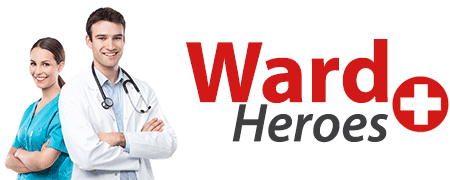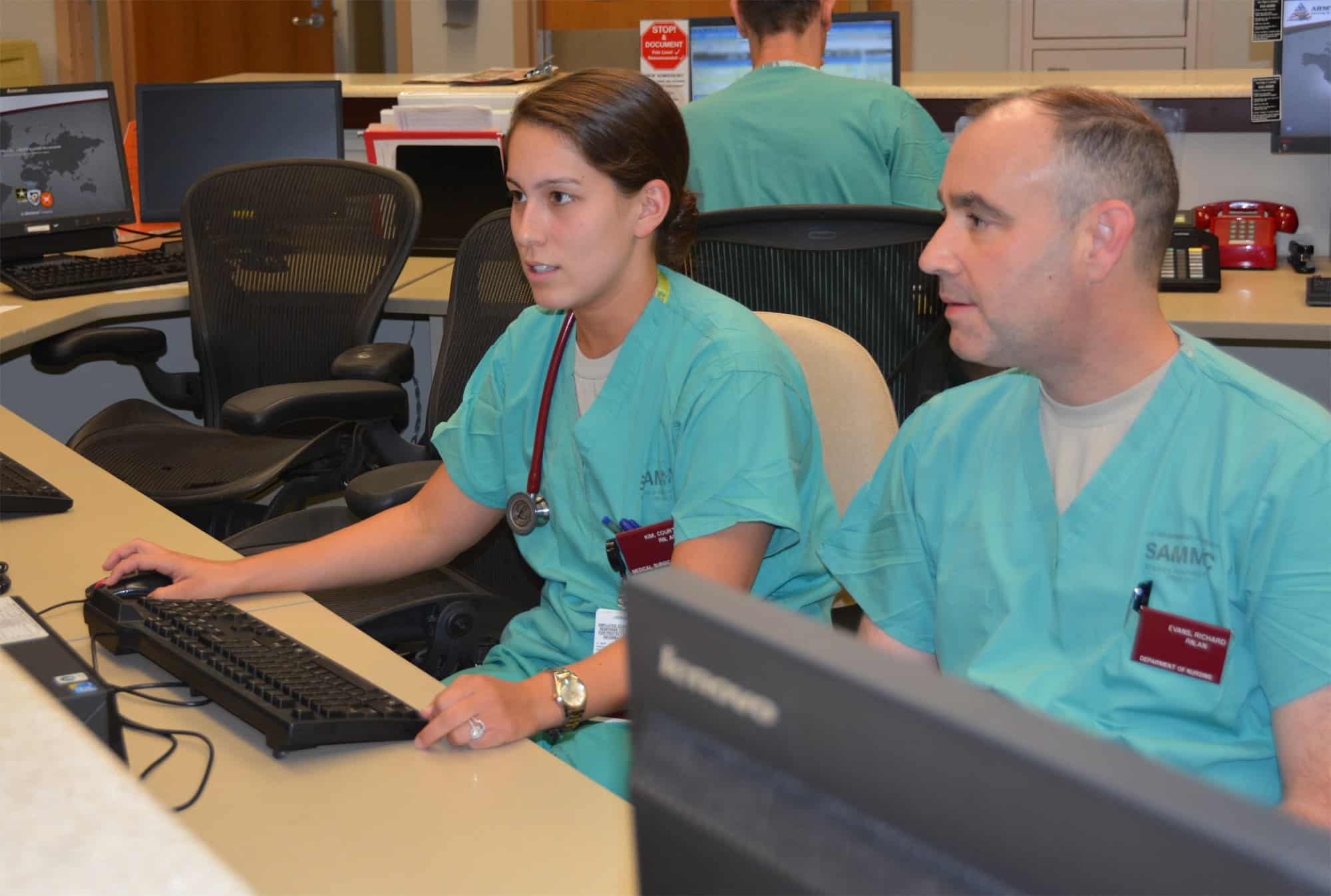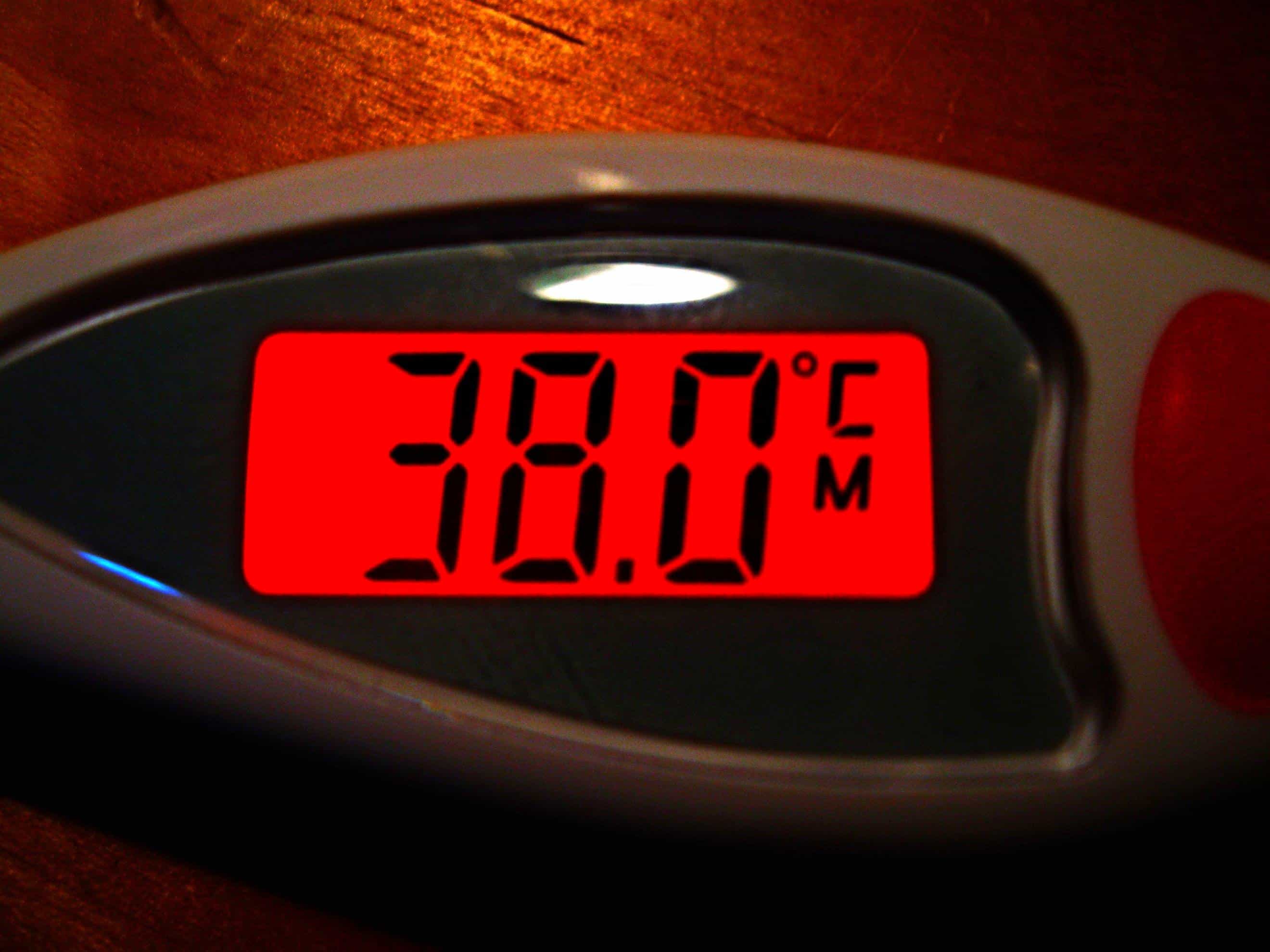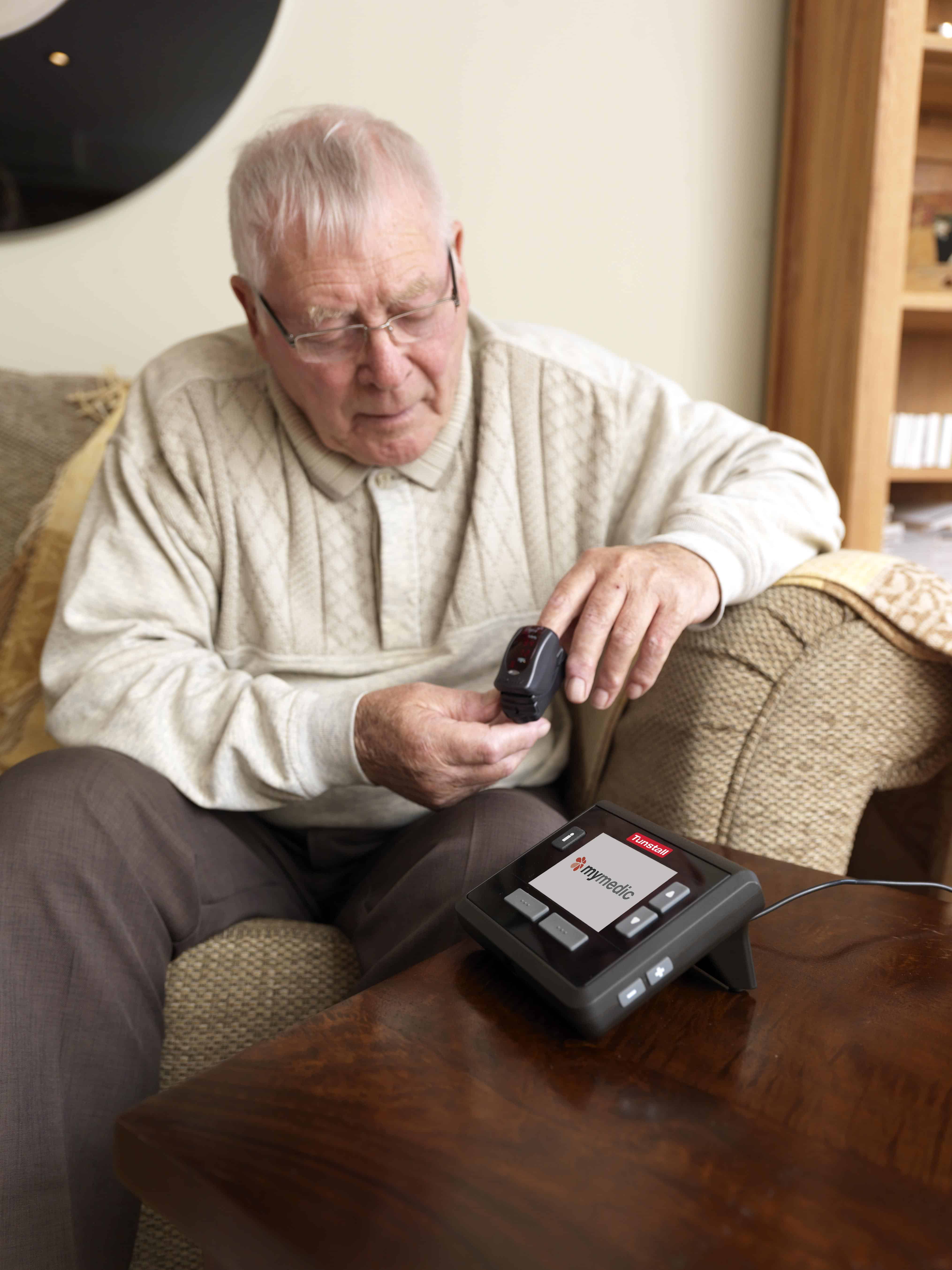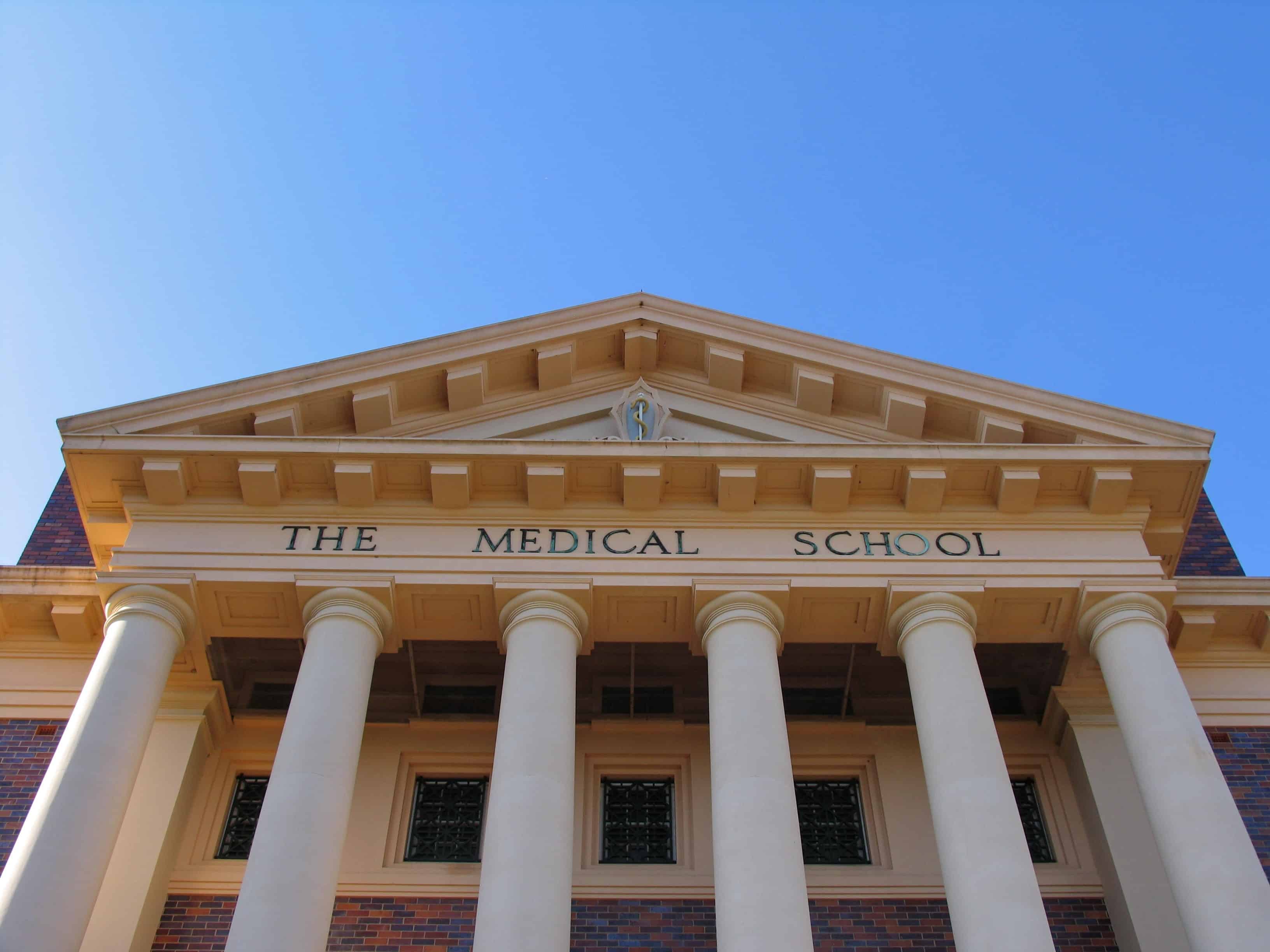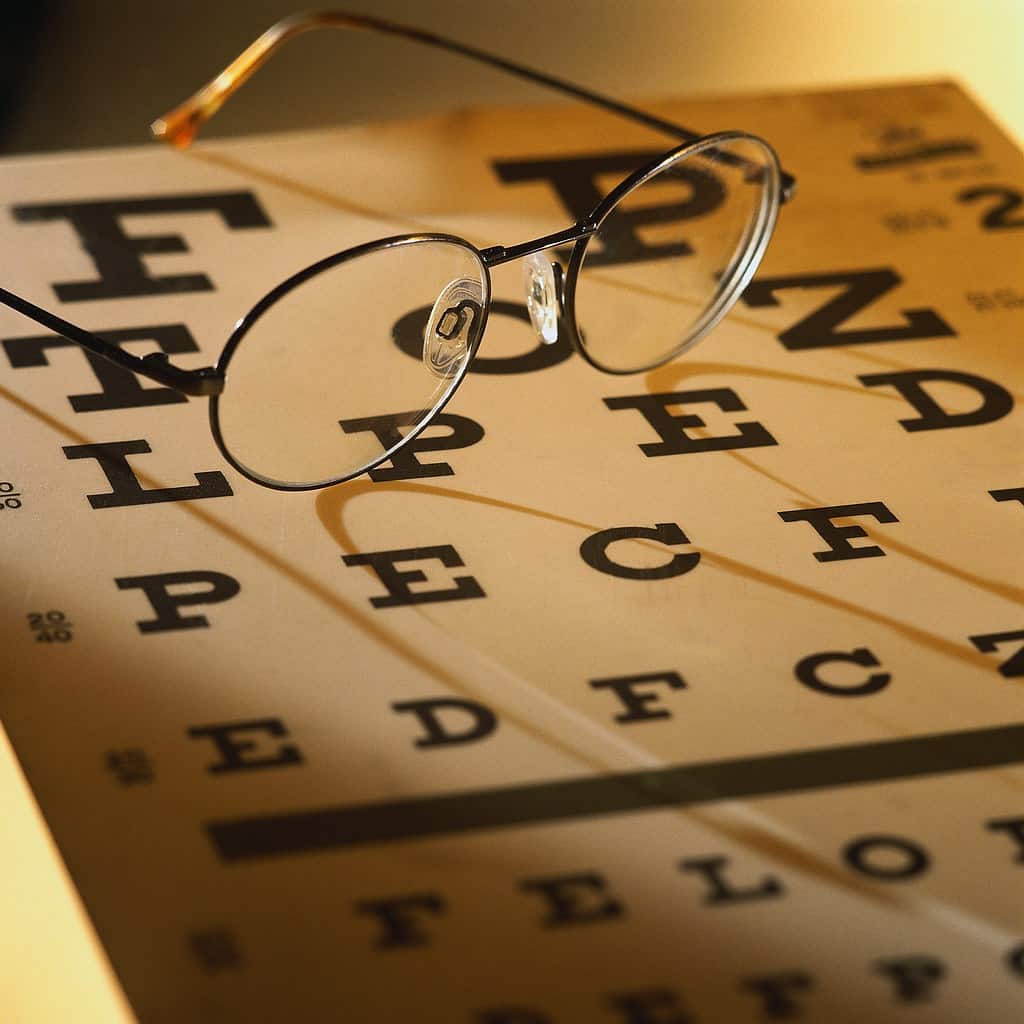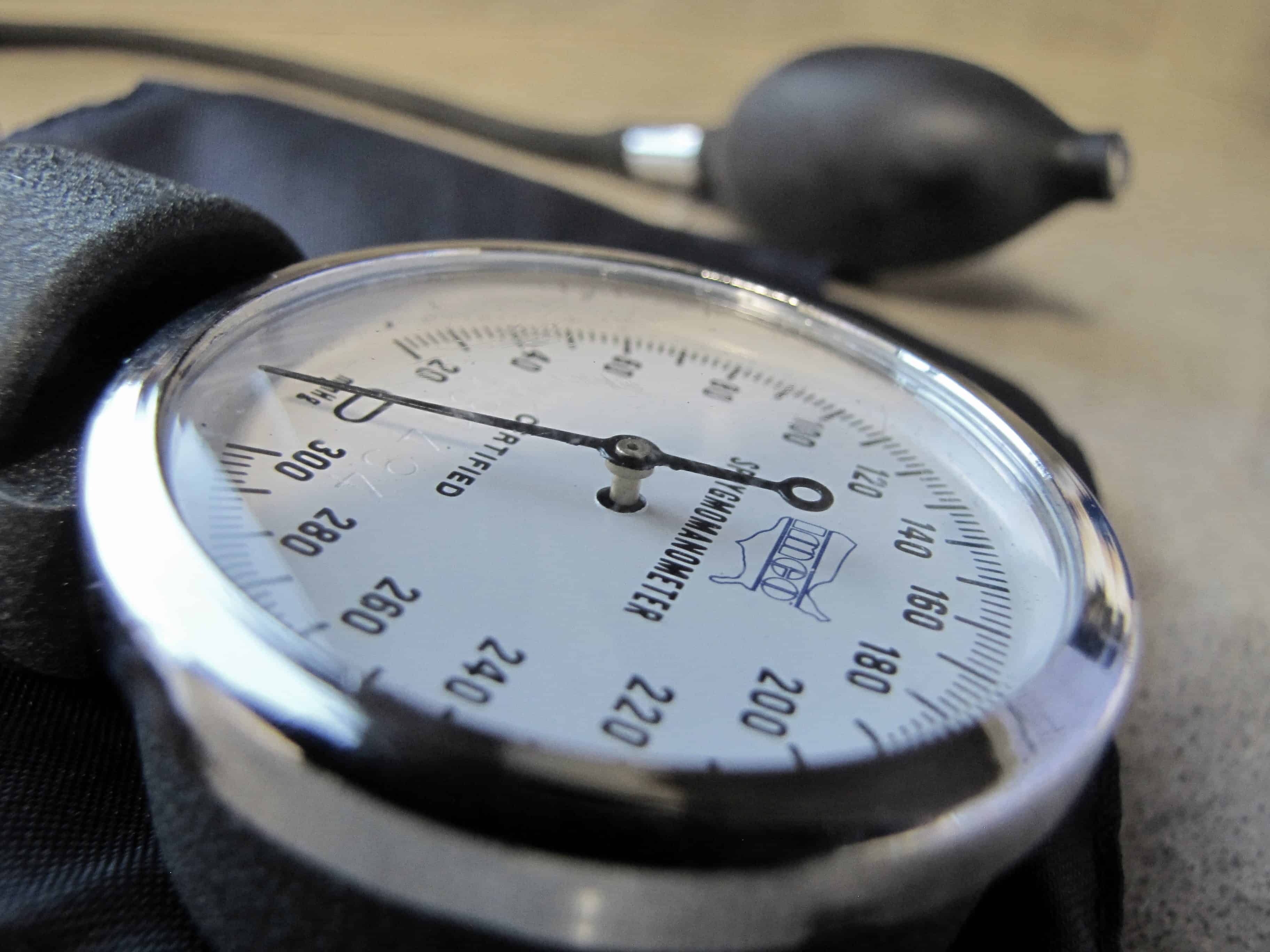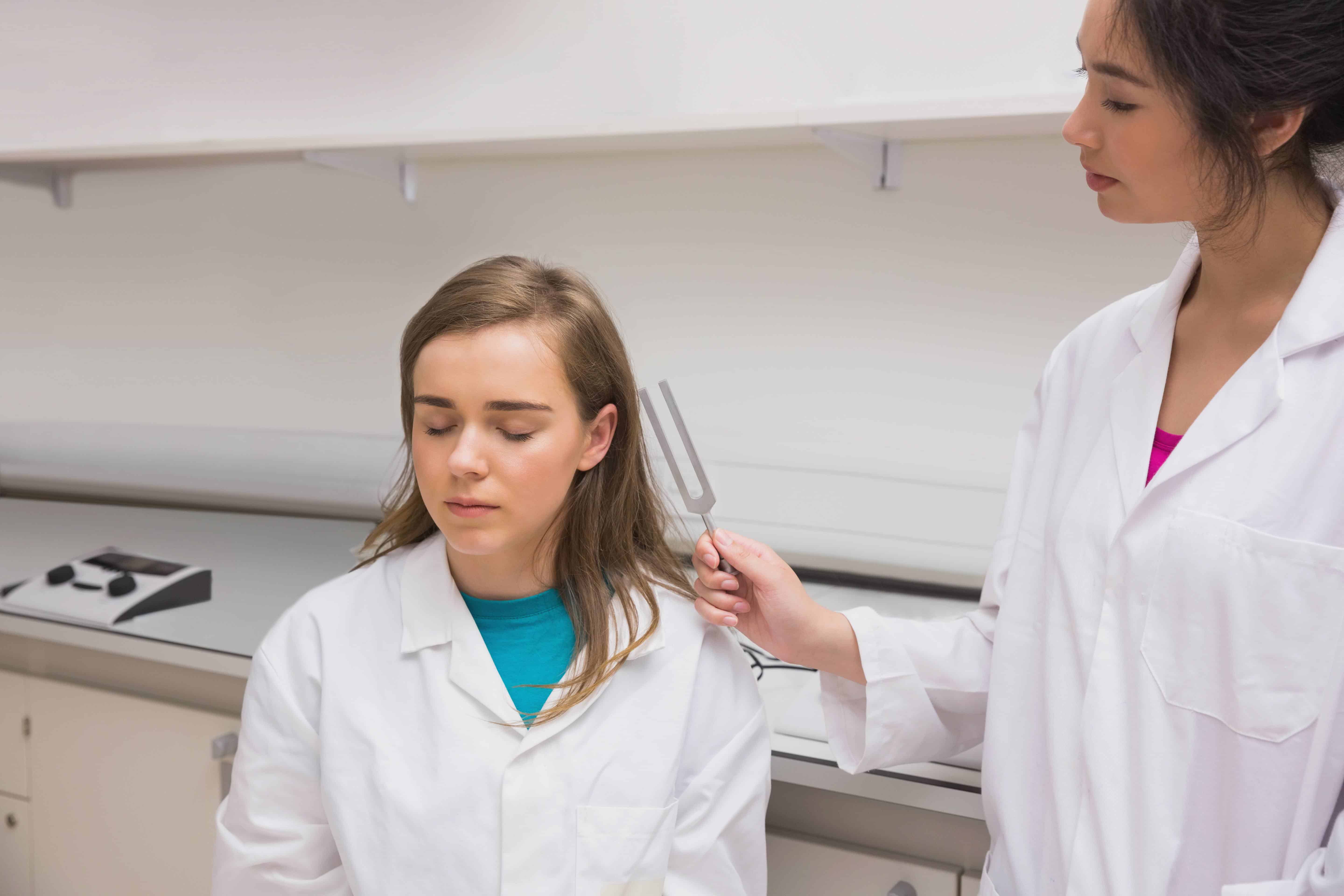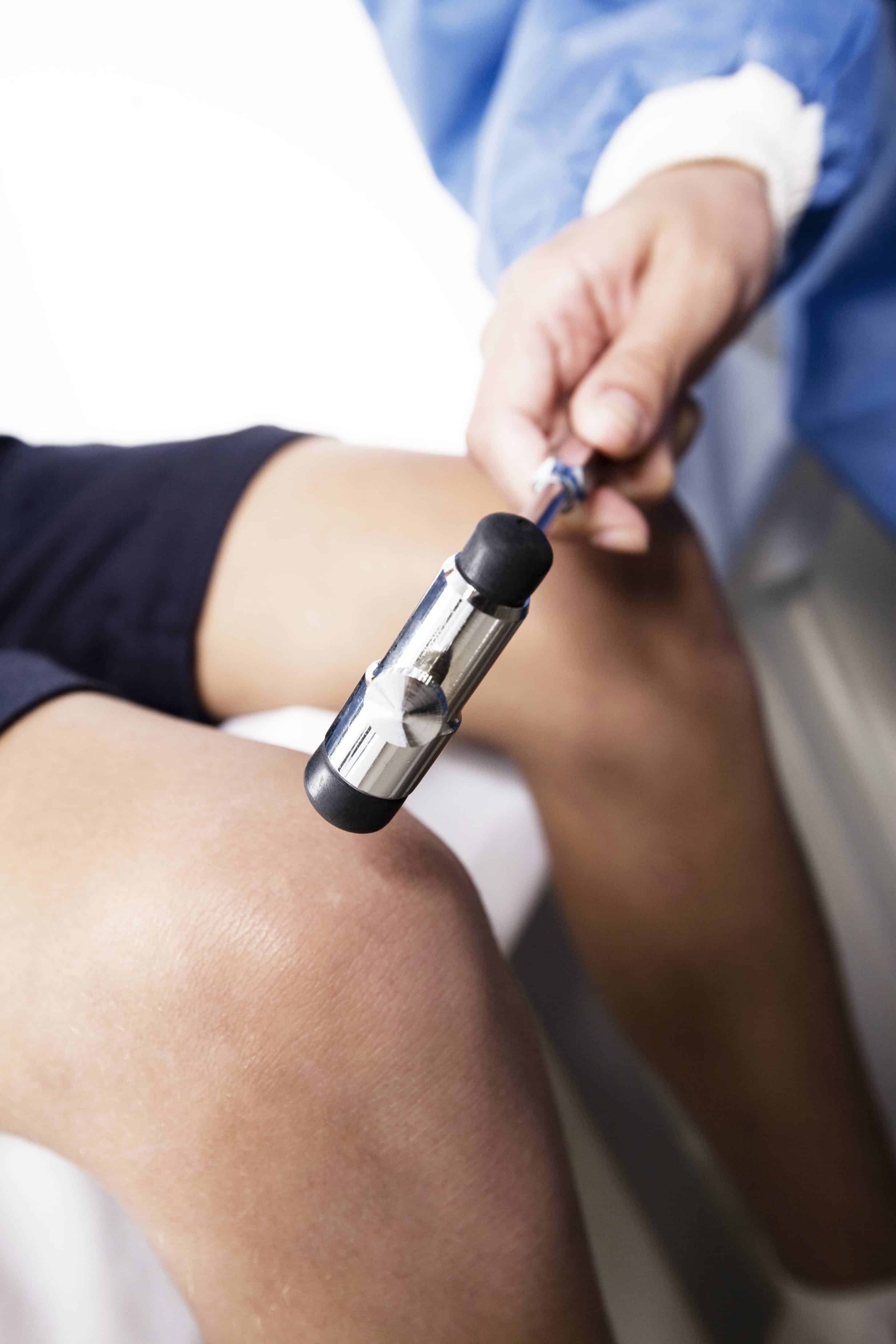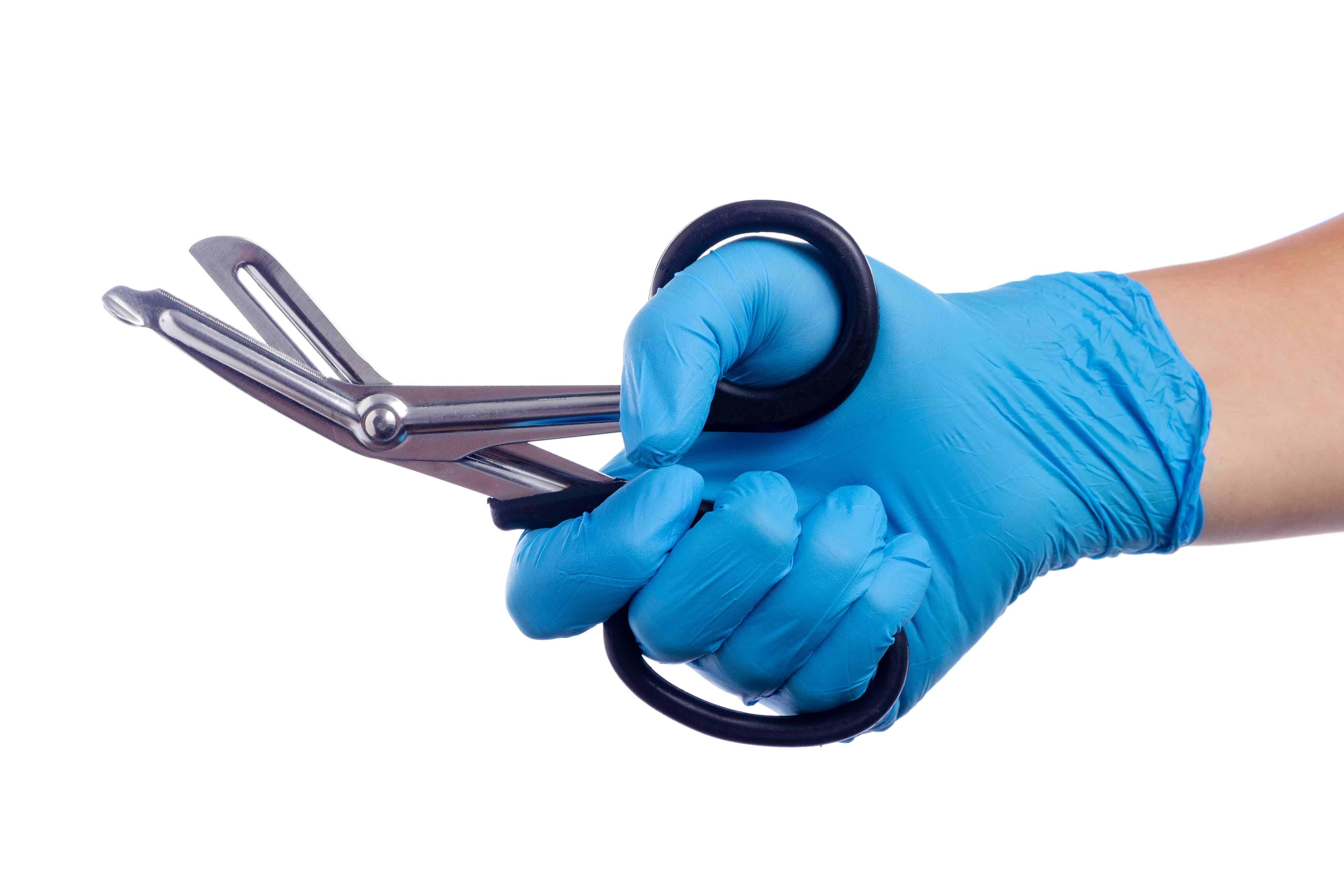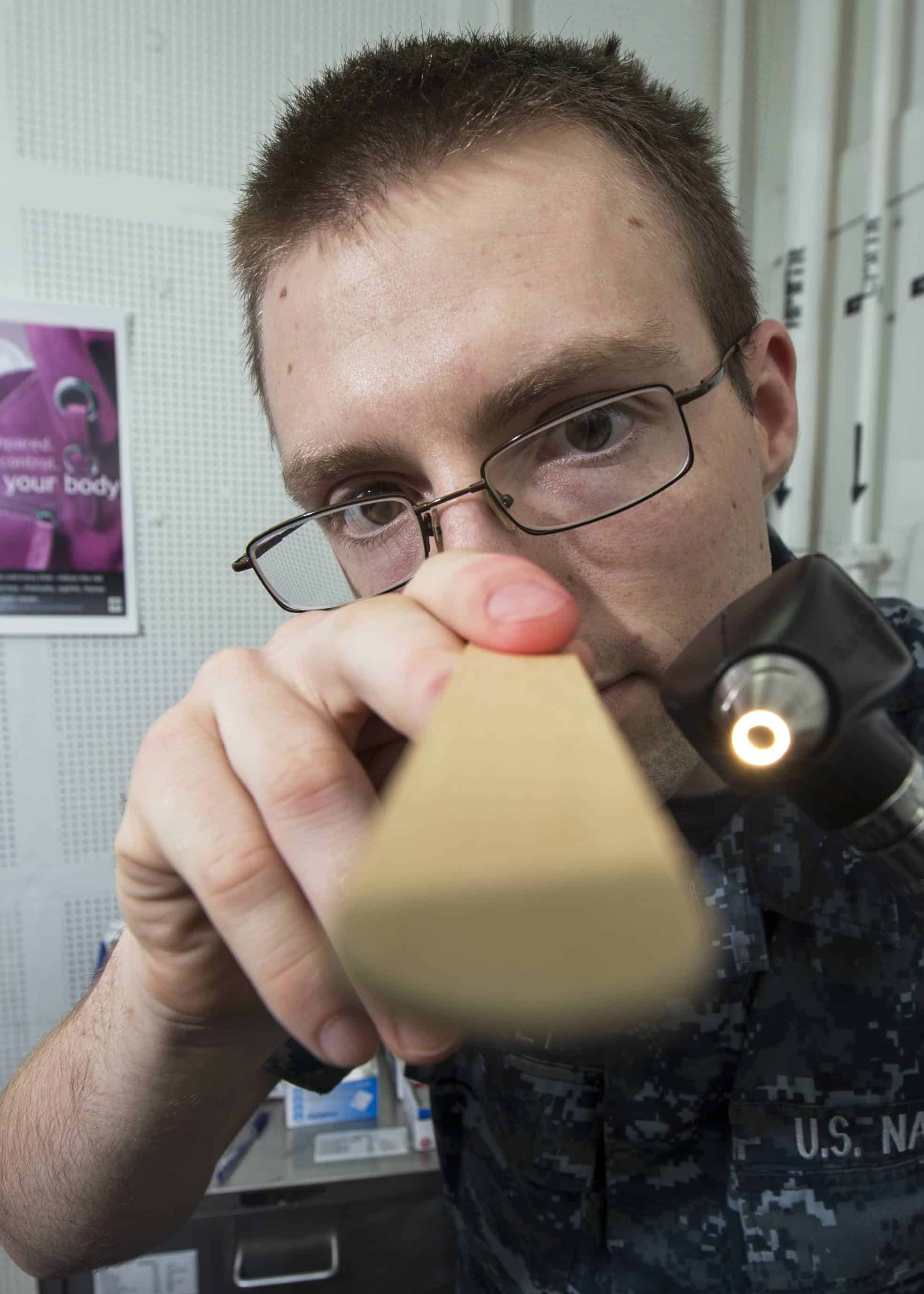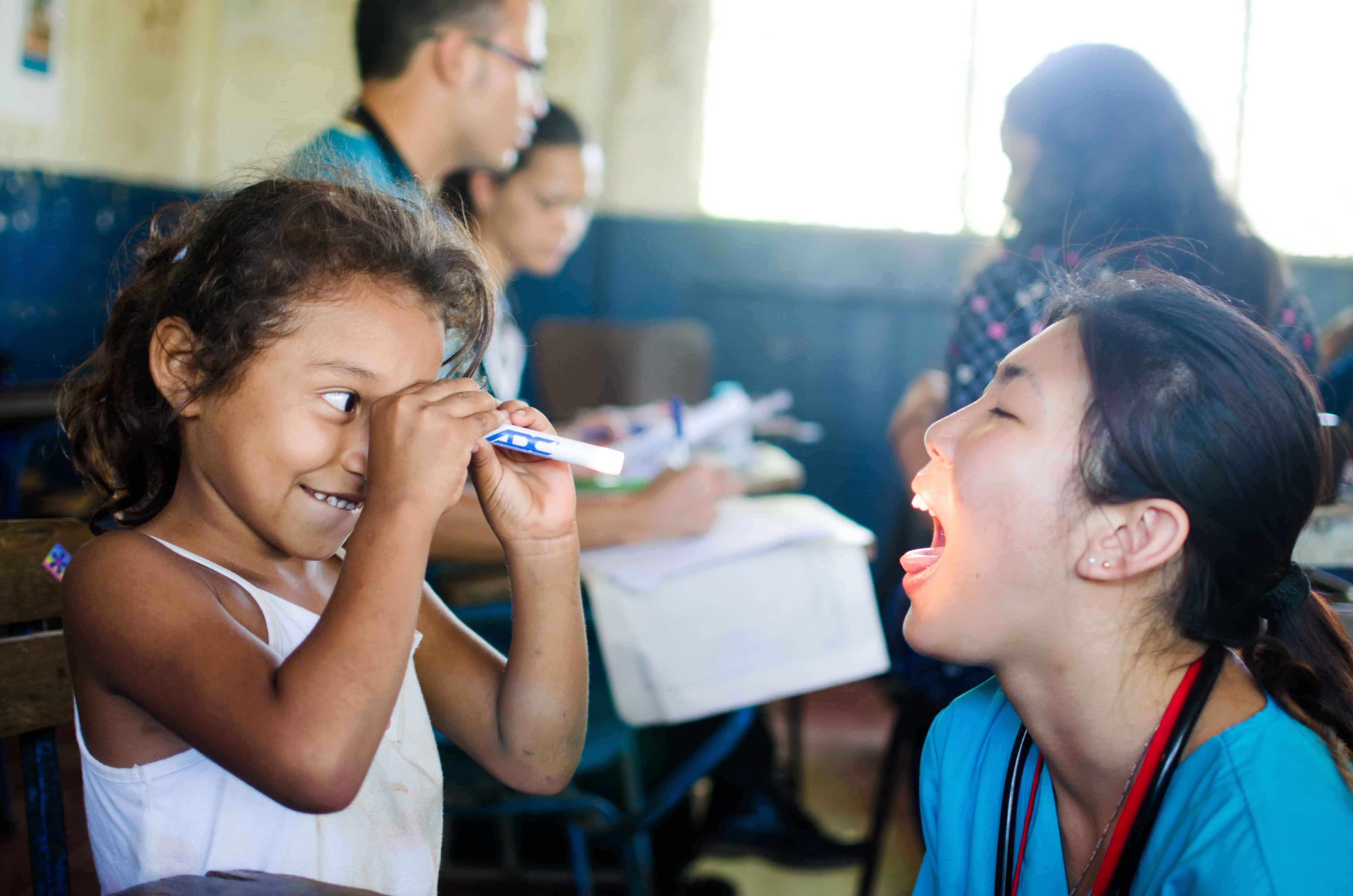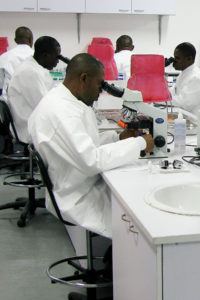
Source: Flickr.
Medicine is an exciting career opportunity. It allows you to travel the world if you wish, or you can choose to settle down with a family practice in a small community. The key to unlocking the full potential of this career is to get into medical school and choose the specialty that you wish to pursue.
In the United States, the path toward medical school often begins in high school. Some medical schools accept AP (Advanced Placement) credits that can help students fulfill many of the pre-med admission requirements which are required. Any college-level courses in high school will help provide evidence of a commitment to learn medicine.
In college, however, there may be a pre-med undergraduate program offered by some specific schools. If this program isn’t offered, then there are a number of pre-med undergraduate degrees that can help get students into med school. Virtually any undergraduate degree can qualify a student for med school, including criminal justice, political science, or even journalism. What matters more is the commitment to the degree program, the quality of studies achieved, and the ability to overcome obstacles.
Three Points of Emphasis Must Be Considered
To pursue medical school after achieving an undergraduate degree, there are three different points of emphasis you’ll want to take a look at while pursuing a career in medicine.
- Volunteering. Medical schools want to see some level of volunteer experiences on an application. It has to be a real effort at serving others and not be something added just to “fluff up” the chances of getting into medical school.
- MCAT. This is the Medical College Admissions Test. A good score can give you a 70% or better chance of getting into a medical school. Keep your college GPA high for an even better opportunity.
- Medical School Choice. There are numerous medical schools around the world which accept a few hundred to a few thousand new med students every year.
The chances of getting into a medical school are relatively good for those with high MCAT scores, high GPAs, and extensive volunteer work. It can be a struggle to get one’s foot in the door of a medical school program if one of those components is missing. Once enrolled, you will learn from a general medicine standpoint and be prepared for residency work.
If you want to practice one of the 120+ specialties or sub-specialties that the medical field offers, then you can choose to enter one of these areas based on your board scores and other factors after graduation. Each specialty and sub-specialty has different competitive factors, so you’ll want to examine each one that holds interest for you at the AAMC (Association of American Medical Colleges) Choose Your Specialty page to see what qualifications must be met.
The Most Competitive Specialty Programs in the US
Although having a high level of competition for a specialty isn’t necessarily a bad thing, it does mean that only the highest scoring students will move forward into a career that matches their dreams. For this reason, you’ll often find many third-year medical students getting the itch for a specific career.
Matching programs are available to qualifying medical school seniors and graduates, helping more than 27,000 first-year positions become filled every year through residency programs. From 2015 data released by Harvard, the top 3 programs filled were these.
- Internal Medicine. There were 6,770 positions offered in programs.
- Family Medicine. There were 3,195 positions offered in programs.
- Pediatric Medicine. There were 2,667 positions offered in programs.
Every type of program offers open positions, but just not on the same scale as the three programs above. In 2015, the specialties of dermatology, psychiatry/medicine, gynecology, orthopedic surgery, pediatric primary care, thoracic surgery, and physical therapy had every open position filled.
General surgery, neurological surgery, plastic surgery, radiation oncology, and otolaryngology had fewer than 5 unfilled positions available after the matching program algorithms were processed.
The goal is to match up each medical student and graduate to the best possible position. To increase your chances for a specific opportunity, the education and volunteer work you’ve focused upon over 8-12 years must reflect the desire to get into that field. Although there will always be a chance that you could decide later in school to focus on cardiology and get into this specialty or one of its sub-specialties, your opportunities will be greater if that has been your focus since Day 1.
Are There Any Other Ways to Improve My Chances?
For many medical programs, the quality of your education is essentially the foot you get in the door of your preferred medical career. Even if you attend a Caribbean medical school with a low overall reputation, it may be more difficult to get your foot in that door, but it will still be possible. This is because most medical programs look at the work ethic and dedication of the student to medicine.
If you’re willing to work hard, dedicate yourself to medicine, and make sacrifices for the betterment of your community in a variety of ways, then people will take notice of this one day. This might mean several sleepless nights, many long shifts, and very little free time for a while, but it will also mean that you will stand out in the crowd of other medical students and graduates who want the same things you want.
A career in medicine can be extremely rewarding, but working toward this career must generally start in the last days of high school or the first days of college. This doesn’t mean you can’t pursue med school if you’re looking for a second career option or you’re unsure of what you want to do in life right now, but there will be additional obstacles compared to other students which must be faced.
Yet those obstacles could be to your benefit. If you can knock them out of your way, then you might just get the attention you want so that you can be admitted to the medical programs, specialties, or sub-specialties that you wish to focus upon.
